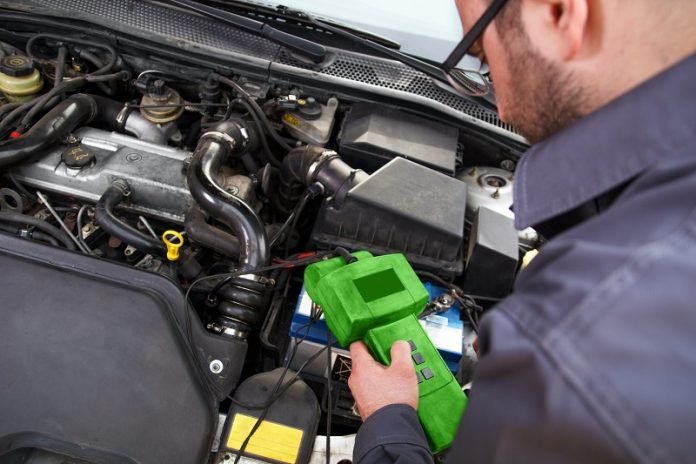
Ever wonder why your phone battery dies so quickly or why electric cars can’t go super far without needing a recharge?
Scientists at NTNU are working on new ways to make batteries last longer and be safer. And guess what?
They’ve made some exciting discoveries!
From graphite to silicon
Right now, most batteries in your gadgets use a material called graphite. But what if we replace that with silicon?
According to Professor Ann Mari Svensson from NTNU, silicon can hold a lot more power.
That means your car could drive much longer on a single charge, or your phone could last all day without needing to be plugged in!
No more fire hazards?
One downside of current batteries is that they can catch fire. Yikes! To fix this problem, the scientists are swapping out the liquid inside the battery, called the “electrolyte.”
They’re trying out something called ionic liquids.
These are like salt but are liquid at room temperature. According to the researchers, using these ionic liquids could make batteries less likely to burst into flames.
Heat is actually good!
In most cases, you don’t want your gadgets getting too hot. But these new batteries work better when they’re a little warm. Raising the temperature helps the battery move power more quickly.
This could also mean we wouldn’t need to cool down large batteries, like the ones in electric cars, saving even more energy.
The scientists found out something surprising: the best ionic liquid at room temperature wasn’t the best at a higher temperature. So, heat changes the game!
The secret sauce: a thin film
When batteries work, they create a thin film over the silicon. This film is super important. It prevents the battery from eating itself up.
In their experiments, the team noticed that the ionic liquids forming better films worked best at high temperatures. This helps the battery hold and move power better.
Of course, there’s still work to be done. For example, ionic liquids are not yet made in big enough amounts for everyone to use in batteries. Also, while the new batteries are great in the lab, we don’t know how they will perform in the long run, like over several years of use.
So, the journey to better batteries is not over, but these discoveries are an exciting step forward. Just imagine a world where your phone never dies at the worst moment, or where electric cars are as easy to use as gas ones!
Sounds pretty amazing, right?
The study was published in the Journal of The Electrochemical Society.
Follow us on Twitter for more articles about this topic.



